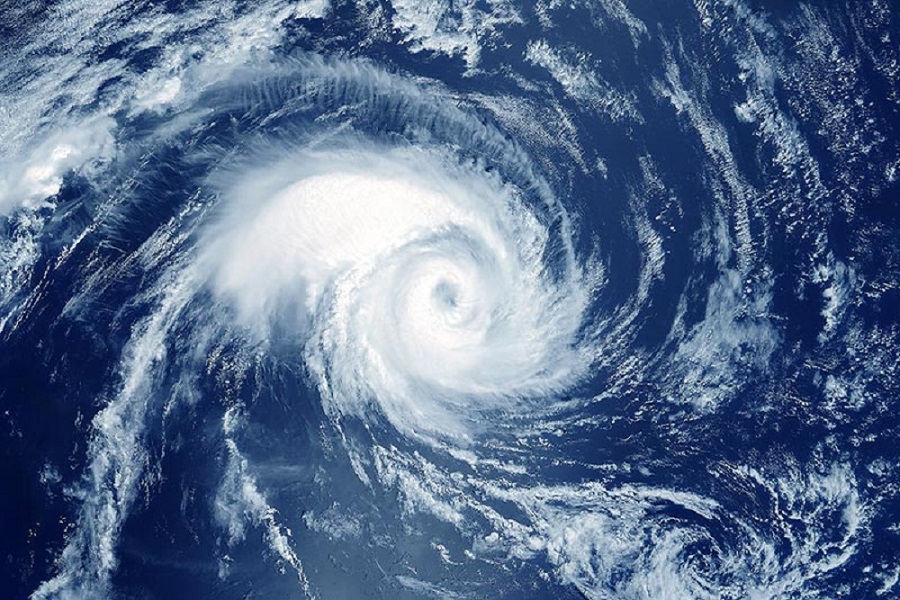When it comes to hurricane insurance, there are a few things to keep in mind. First, no matter where you live, it’s important to have some form of hurricane insurance. Even if your area is considered a low-risk zone, there’s still a risk of damage from a hurricane. In fact, approximately 25% of all insurance claims paid out by FEMA each year are for homes in low-risk zones.
What first steps should you follow if you want to buy hurricane insurance? The first step is to find out if your home is in a high-risk or low-risk zone. You can do this by reviewing the FEMA flood map for your area. If your home is in a high-risk zone, you’ll need to buy a policy that covers both wind and flood damage. If your home or business is in a low-risk zone, you can buy a policy that covers only wind damage.
It’s also critical to shop insurance companies for the best deal on hurricane insurance. Rates vary depending on the insurer, so be sure to compare prices before you buy a policy. And finally, don’t wait until the last minute to buy insurance. Most insurers require homeowners to purchase policies before a storm hits. So, if there’s a chance of a hurricane hitting your area, be sure to buy insurance as soon as possible.
Some people might think that hurricane insurance is only something you should buy during the months when there’s a high risk of a major storm. However, this type of insurance is actually available year-round.
Buying hurricane insurance can help protect your property from losses in the event of a hurricane. In some cases, insurance companies will stop selling windstorm and flood insurance in the days leading up to a hurricane watch. So, it’s important to hold your policy year-round to make sure you have coverage.
There are a few tips you should bear in mind when purchasing hurricane insurance:
- -Your policy may take 15 to 30 days to activate, so make sure you purchase it well in advance of any potential storms.
- -Make sure your policy covers both wind and water damage.
- -Review your existing homeowners or renters insurance policy to see if it already includes hurricane coverage.
- -Review your policy and understand your deductible. As mentioned earlier, hurricane insurance deductibles are often based on a percentage of the total claim. Make sure you know how much you’ll need to pay before receiving a payout.
- -Review your risk factors. If you live in a region or zone that is prone to hurricanes, it’s important to have adequate coverage in case of damage. Make sure you review your home insurance policy and consider purchasing hurricane insurance if you don’t already have it.
- -Stay informed about storm updates. Make sure you keep up with the latest storm updates, so you know what to expect if a hurricane hits your area. This will help you make decisions about whether or not to evacuate and how much coverage you need.
- -When a hurricane is headed for your coast, the best thing you can do is be prepared. Have all of your insurance paperwork and contact information handy, just in case you need to file a claim.
- -Work with a public adjuster. A public adjuster is an insurance industry expert who specializes in hurricane damage claims. They can help you navigate the process and make sure you get the most out of your claim.
By following the above tips, you can ensure that your property is protected in the event of a hurricane.


